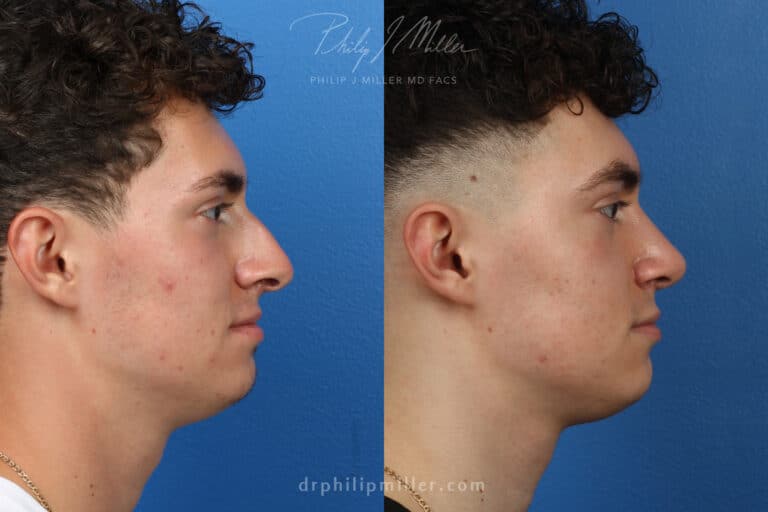The Effect of Self-Image on Decision-Making: Reasons Why Several Individuals Seek Plastic Surgery for Physical Improvement
The interplay in between self-image and decision-making is a complex sensation, particularly obvious in the increasing fad of individuals opting for plastic surgery as a means of physical improvement. Motivated by a desire to fulfill personal suitables and social expectations, lots of individuals come to grips with concerns of self-esteem that can dramatically impact their options. As exterior pressures from cultural standards and social media intensify feelings of insufficiency, a crucial concern emerges: what are the underlying psychological aspects that drive this search of transformed appearances, and what ramifications do these choices hold for individual identification and well-being?
Comprehending Self-Image
Self-image refers to the psychological image and assumption an individual holds about themselves, including elements such as physical look, individuality traits, and overall self-worth - mommy makeover rancho cucamonga. This interior representation substantially affects just how people connect with the globe and can be a driving pressure behind numerous life selections, consisting of the choice to undergo cosmetic surgical procedure
A favorable self-image often correlates with greater self-worth and a feeling of confidence, cultivating an aggressive strategy to life. Alternatively, an adverse self-image might cause feelings of inadequacy and dissatisfaction, prompting people to look for outside services to viewed flaws. This quest for renovation can materialize in the wish for physical change through cosmetic treatments.
In addition, social influences and social requirements play a critical role fit self-image. The prevalent nature of media and peer comparisons can intensify sensations of insecurity, encouraging individuals to alter their look in quest of acceptance or authorization. Understanding these characteristics is necessary in comprehending the motivations behind cosmetic surgical procedure. Eventually, self-image is a complex construct that links with emotional health, societal assumptions, and personal desires, making it an important consider the decision-making procedure relating to cosmetic improvements.
Psychological Aspects at Play
Numerous mental variables influence a person's decision to go after cosmetic surgical procedure, typically rooted in much deeper emotional and cognitive procedures. One substantial element is reduced self-worth, which may occur from adverse self-perceptions or dissatisfaction with one's appearance. Individuals with lessened self-worth may believe that modifying their physical attributes will enhance their general worth and approval in social contexts.
Additionally, the concept of body dysmorphic condition (BDD) plays a crucial role. Individuals struggling with BDD experience a compulsive emphasis on regarded flaws in their appearance, leading them to seek surgical intervention as an option. This uncontrollable need for makeover can significantly distort their self-image, driving them to pursue procedures despite the capacity for negative end results.

Societal Stress and Expectations
A considerable influence on individuals' choices to undergo plastic surgery stems from social pressures and assumptions that pervade modern culture. In an era dominated by social media sites and consistent visual direct exposure, idealized standards of appeal are often showcased, creating a prevalent atmosphere where physical appearance is extremely scrutinized. Such requirements frequently determine what is thought about attractive, leading people to feel urged to adapt to these ideals.
In addition, the normalization of cosmetic improvements in prominent society even more exacerbates these pressures - mommy makeover rancho cucamonga. Influencers and stars honestly discussing their surgeries can produce a perception that such modifications are not just acceptable however desirable. This phenomenon can create feelings of insufficiency in people who may feel their all-natural appearance does not line up with social benchmarks
Furthermore, the influence of peer groups can not be ignored. People may run into indirect or direct stress from friends or household, bring about a communal validation of plastic surgery as an acceptable ways to attain an idyllic self-image. Consequently, these societal expectations can dramatically impact personal decision-making processes, commonly overshadowing intrinsic motivations for self-improvement and promoting a society where physical makeover is sought as a remedy for viewed drawbacks.

Instance Studies and Individual Stories
Many individuals have actually shared their individual journeys pertaining to plastic surgery, disclosing a complex interplay in between helpful resources self-perception and social influences. For example, a 34-year-old female described exactly how years of sensation poor due to her nose led her to seek nose surgery. She reported that after the treatment, her confidence surged, permitting her to involve even more freely in social circumstances and progress her job. Yet, she recognized that her decision was heavily influenced by media representations of elegance.
Similarly, a male patient in his late twenties recounted his battle with body dysmorphic disorder, which prompted him to pursue liposuction. His experience highlighted not only a desire for physical change but also a goal for acceptance among peers. Post-surgery, he expressed a restored feeling of self-regard, albeit with the understanding that inner recognition must precede outside changes.
These case studies underscore a more comprehensive fad: people commonly check out plastic surgery as a pathway to improved self-image. Nonetheless, the stories likewise reveal a crucial perspective on the stress and assumptions that shape these decisions, recommending that personal stories are deeply linked with societal norms and worths.
Alternatives to Aesthetic Surgery
:max_bytes(150000):strip_icc()/GettyImages-155388326-5b5dfd5f46e0fb00824b134a.jpg)
Skin care treatments, consisting of chemical peels and microdermabrasion, can improve skin appearance and tone, dealing with concerns like acne marks or uneven coloring. Additionally, laser therapy is a reliable technique for targeting specific skin problems, such as sunlight damage or vascular sores, promoting a much more vibrant appearance.
For those looking for body change, non-invasive fat decrease techniques like CoolSculpting can assist remove stubborn fat deposits without surgical procedure. Fitness programs and dietary therapy are also crucial devices for individuals aiming to attain a healthier body image. Eventually, these choices can supply significant results while straightening with individual comfort levels and choices, cultivating a favorable self-image without the permanence of cosmetic surgical treatment.
Verdict
Individuals frequently seek physical transformation in an attempt to boost self-worth and straighten with viewed standards of beauty. By checking out alternatives and fostering a healthier self-image, individuals might locate a lot more sustainable paths to self-acceptance and well-being.
The interplay between self-image and decision-making is a complex straight from the source sensation, specifically noticeable in the enhancing trend of people choosing for cosmetic surgery as a method of physical improvement.Countless mental factors affect a person's choice to go after cosmetic surgery, frequently rooted in much deeper psychological and cognitive procedures.A considerable influence on people' decisions to undergo cosmetic surgical procedure stems from societal stress and assumptions that pervade modern culture. People may encounter indirect or direct stress from special info pals or family, leading to a public validation of cosmetic surgical procedure as an acceptable methods to accomplish an idyllic self-image.Numerous people have shared their individual journeys pertaining to cosmetic surgery, disclosing a complex interaction between self-perception and social impacts.